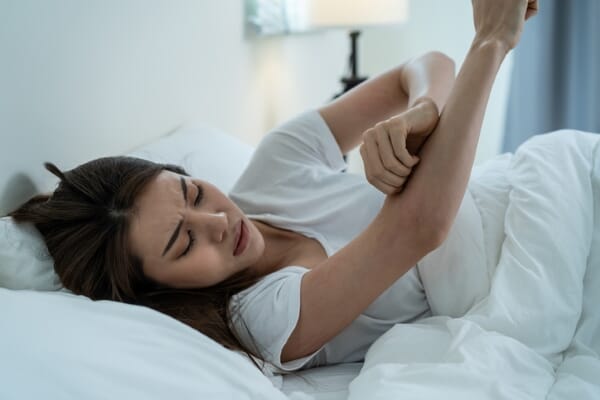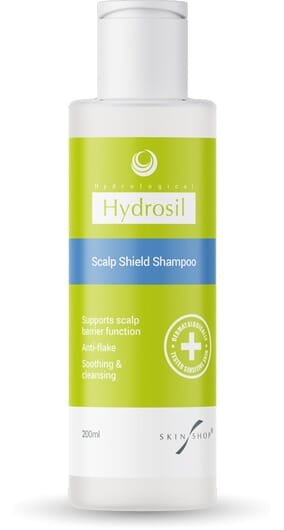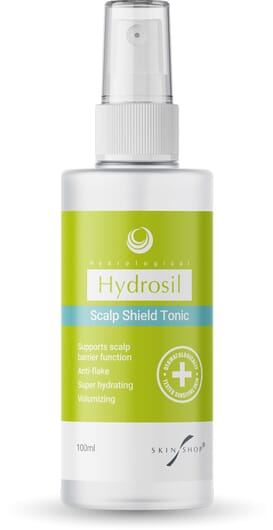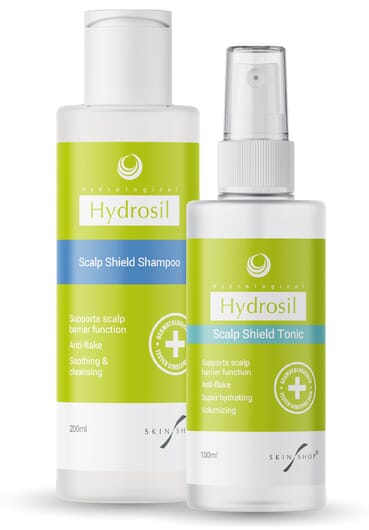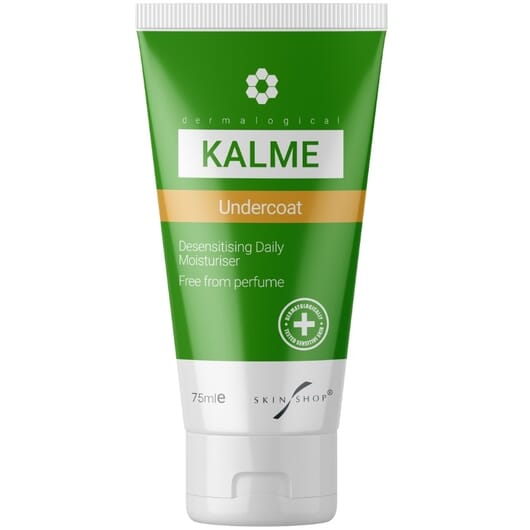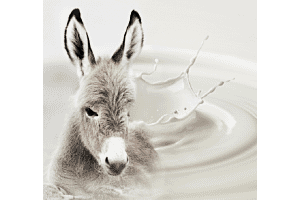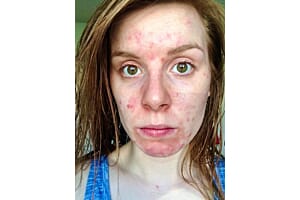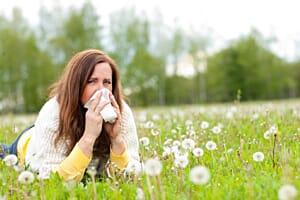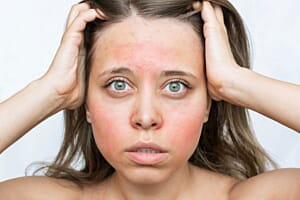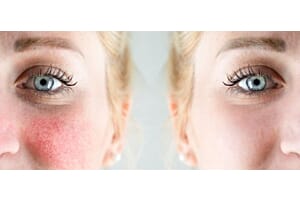If you suffer from a skin condition such as eczema, psoriasis or atopic dermatitis the itching of your skin can get significantly worse at night, especially as the nights start to get warmer in late Spring and summer.
In addition, even if you don’t suffer from a specific skin condition but are going throughother hormonal changes such as pregnancy or menopause or are recovering from illness, your skin can also become itchier at night.
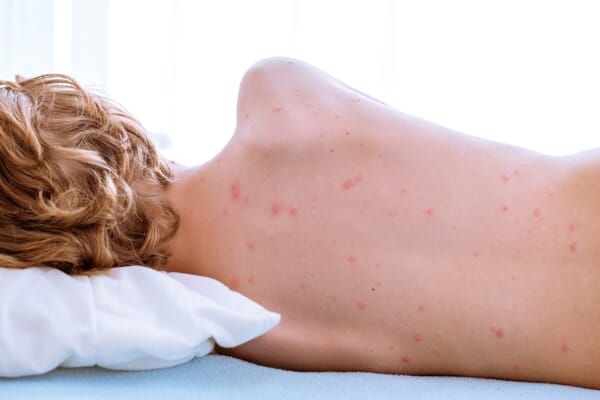
Itchy skin at night can be hugely disruptive to sleep, which can then trigger a whole cascade of symptoms from a lowered immune system to depression.
The reason why vulnerable or affected skin becomes itchier at night is that the body releases more heat at night and blood flow to the skin increases.
Naturally occurring corticosteroid hormones which dampen down inflammation and itching are also in lower production at night.
At the same time there's increased activity of cytokine at night, whic are molecules that coordinate cells communication during immune responses, which can increase skin inflammation.
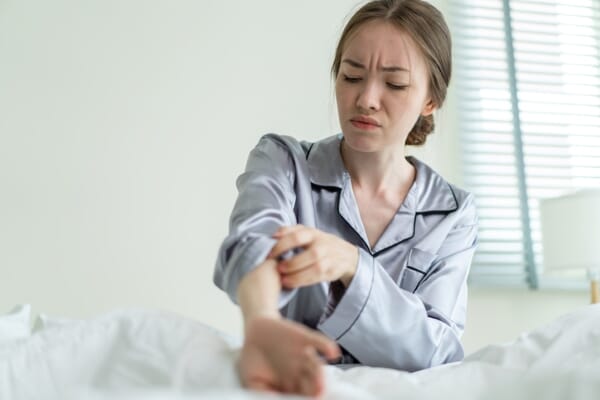
In addition, skin loses more water at night, resulting in dryness that can make already dry skin conditions even worse.
Finally, during the menopause and pregnancy, changes in the level of the hormone oestrogen may cause dryness, itchy skin, or flushed skin which can get worse at night due to the increase in blood flow to the skin. Some menopausal women describe menopausal skin as feeling like ants crawling under their skin.
Here consultant dermatologist Dr Eva Melegh gives six tips on how to get better sleep if you suffer from itchy skin.
1. Supplement Skin
Iron deficiency is usually associated with fatigue, poor circulation and hair loss, but it can also cause itchy skin. It you are suffering from a few of the other symptoms of iron deficiency alongside having itchy skin, it’s worth having your iron levels checked to see if they are low. Supplementing with iron can quickly help reduce itchy skin.
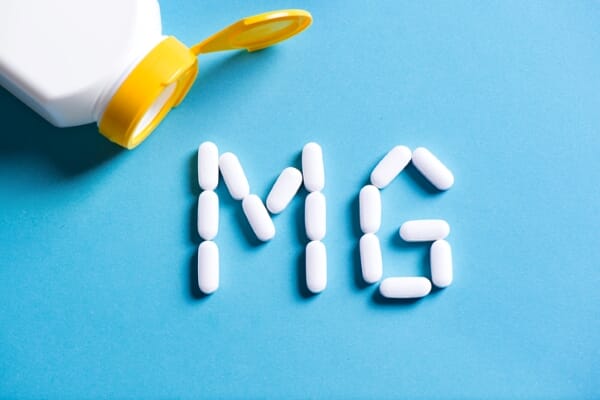
There is also evidence to suggest that a magnesium deficiency can cause dry skin or make skin prone to dryness worse. Supplementation with magnesium can help reduce the inflammation caused by conditions which lead to dry and itchy skin, such as eczema, psoriasis and atopic dermatitis.
2. Switch Shampoo
The scalp is particularly vulnerable to increased itching at night due to the additional heat and sweat generated from the had being on a pillow and the additional blood flow from the body being horizontal. An itchy scalp can be especially disruptive to sleep.
Chemicals and perfumes in normal shampoos and hair care products whose residue stays on the scalp even after washing can become more irritating to the skin once they are heated up as the chemicals become more reactive.
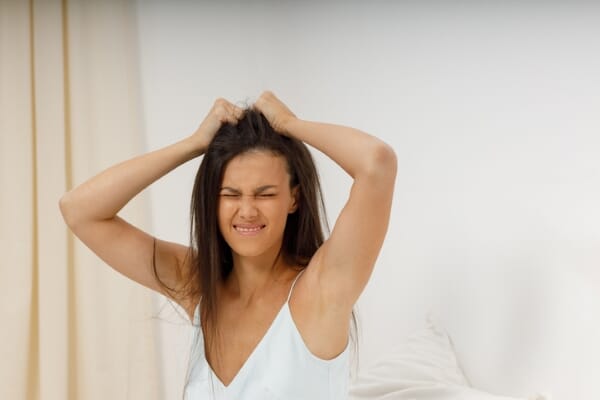
Switching to a shampoo that is perfume and chemical-free and also contains ingredients designed to reduce itching and inflammation can hugely improve itchy night scalp.
Hydrosil Scalp Shield Shampoo and leave-in Scalp Shield Tonic both contain natural patented complexes proven to improve scalp barrier function via plant prebiotics that encourage the growth of beneficial scalp microbiota and plant sterols to instantly relieve and reduce itchy scalp.
3. Opt for Oat Milk
Drinking dairy-based milks can, in atopic skin, make itching worse, especially if drunk before bed.
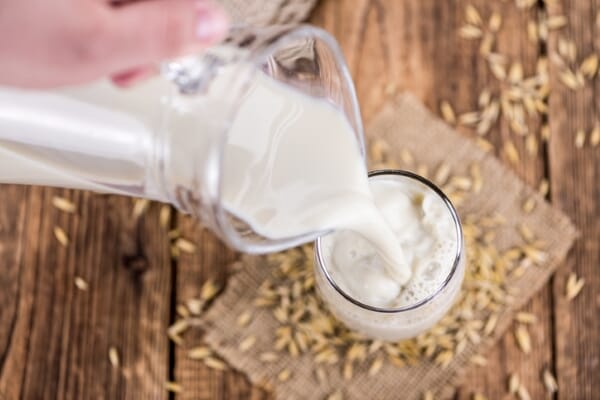
However, switching to oat milk instead can have the opposite effect and can help with soothing itching and irritation in dry or itchy skin. A warm oat milk drink before sleep can help calm down nighttime itching.
If you have a bathtub then bathing in colloidal oatmeal before bed along with drinking oat milk can also have a very soothing effect on itchy skin.
4. Make More Melatonin
Melatonin is a hormone that your brain produces in response to darkness. Increased melatonin production can help aide better and more profound sleep and override restlessness from itchy skin.
You can get melatonin on prescription as a supplement if your sleep is being drastically compromised by itchy skin, but it’s advisable to try an increase it naturally first if possible.
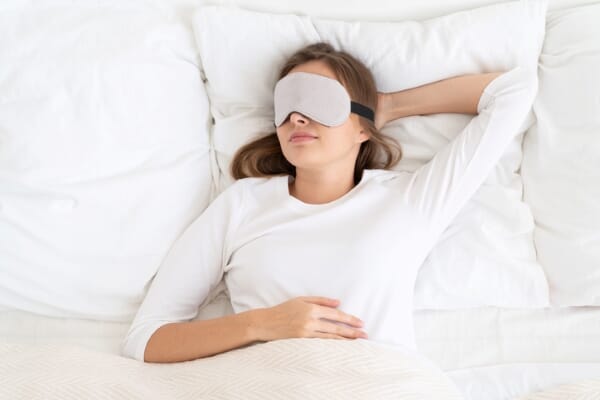
The amino acid tryptophan helps produce serotonin. Serotonin binds with certain enzymes to produce melatonin. Food containing tryptophan include chicken, turkey, bananas and peanuts.
By getting sunlight or daylight in the morning along with exercise, you can also aide melatonin production. However, exposure to artificial light, including blue light, at night, may interfere with melatonin production. Electronic devices that emit blue light include mobile phones, televisions, tablets and laptop screens so avoiding these in the few hours before sleep can help aide in melatonin production as can sleeping in a dark room.
5. No Booze Before Bed
Alcohol is not only a stimulant that can prevent restful sleep it also has the effect of widening blood vessels, sending more blood to warm your skin at night which can cause increased itching.

Alcohol is also a diuretic so can pull moisture away from the skin, causing dehydration and making skin even drier and itchier overnight.
6. Subdue Skin Sensitivity
Aside from moisturising at night, reducing the skin’s reactivity over night can help dampen down itchy skin night triggers.
Underneath your night moisturiser try using a de-sensitising barrier cream to help counteract the tendency for sensitive skin to become more reactive at night.
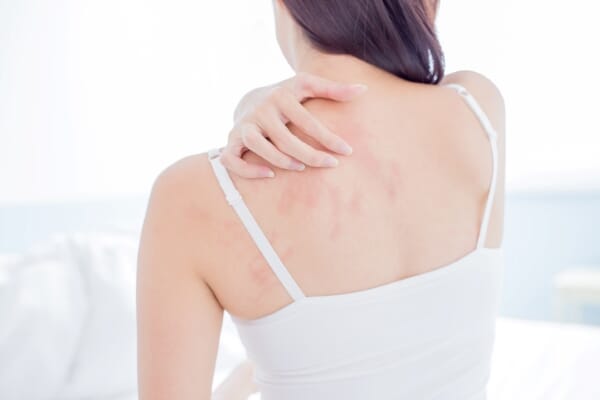
Kalme Undercoat is a base coat barrier cream that contains a specific ingredient that helps sifnificantly reduce the skin’s reactivity making it useful for applying to areas prone to itchiness at night. It is also perfume and chemical-free.



